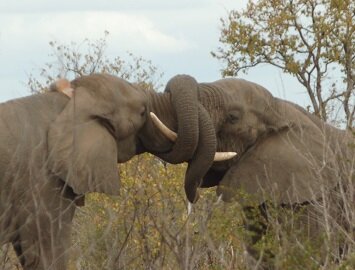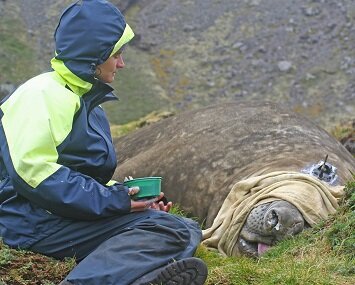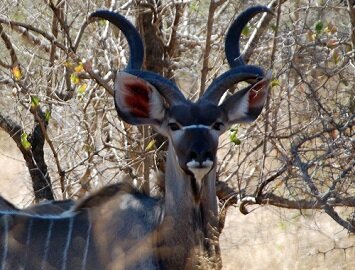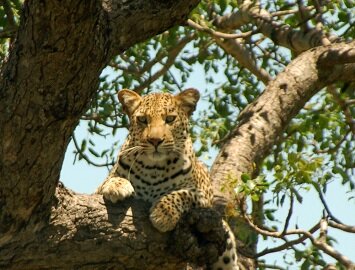The Mammal Research Institute of the Faculty of Natural and Agricultural Sciences at the University of Pretoria is a world-class institute, dedicated to research and teaching on the biology and ecology of African mammals.
Established in 1966, the Mammal Research Institute has a rich history in conducting cutting-edge research on the behaviour, physiology, ecology and taxonomy of aquatic and terrestrial mammals. Results-driven research with clear conservation and sustainability objectives enables us to provide environmental managers with robust tools for the conservation of our indigenous mammal fauna. We conduct basic, applied and interdisciplinary research under the themes of Terrestrial Ecology, Ecophysiology, Wildlife Management and Conservation, Human Wildlife Interface and Marine Mammal Ecology. Our research, while principally African in origin, takes us as far afield as Antarctica to Argentina, India and Australia, and we also consult on a wide range of environmental impact studies.
Strategically managed by a Director and Executive Committee, and guided by a diverse and prestigious Advisory Board, we strive for excellence in all we do. This is evident in the numerous long-term collaborations that we maintain with researchers from all over the world, along with high productivity – well over 100 peer-reviewed publications per annum and in excess of 20 post-graduate students progressing annually with our guidance. Our staff, Associates and Fellows continue to receive many awards and accolades as recognition for their exceptional, high-quality research. As we move into the future, we aim to maintain our position as the premier institute for African mammal research and teaching by expanding our national and international collaboration network to create the ideal platform for mammal-oriented research, including theoretical and practical post-graduate training, to better understand the increasingly changing living conditions and biological needs of some of the world’s most iconic, intelligent and economically important species that are roaming the planet today.






